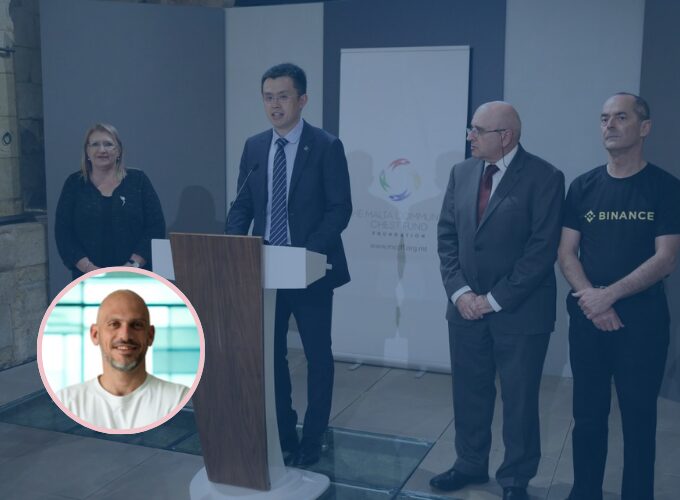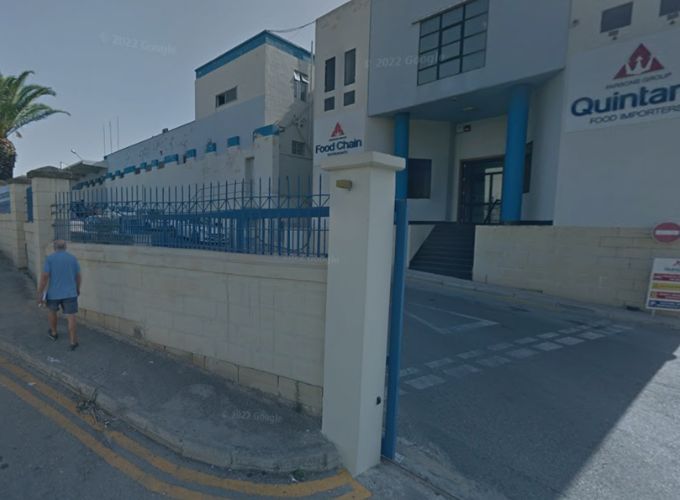Yannick Pace
Maybe rejecting Binance’s $39 million donation was the right call. But you wouldn’t know it from how it was explained. What should have been a straightforward decision turned into yet another Maltese morality play — with ministers, presidents, and commentators all talking past each other, and no one actually addressing the facts.
The Malta Community Chest Fund’s decision to reject Binance’s pledge — originally worth $200,000 in 2018 and now valued at around $39 million — was announced with all the clarity of a foghorn. President Myriam Spiteri Debono described it as a “bogus donation,” muttered something about “reputation,” and left everyone guessing about what that actually meant.
This is precisely the risk when moral authority meets technological illiteracy. You can’t take a strong public position on a crypto transaction if you’ve proudly declared that you “don’t like machines.” Whether the MCCF acted wisely or not, the way it was communicated made it sound more like guesswork than governance.
And while the President took most of the flak, she’s not alone. Finance Minister Clyde Caruana has since backed the decision, as has former MCCF chair Marlene Mizzi, who said the contract with Binance was “very one-sided.” Fair enough — but what does that mean, exactly?
A Decision Built On Vibes, Not Facts
Was Binance demanding sensitive patient data? Or was it simply asking that recipients open wallets on its own platform so the funds could be transferred directly — the digital equivalent of a bank insisting a borrower open an account before disbursing a loan? If it’s the latter, that’s not moral overreach; that’s standard operating procedure.
So what, precisely, was the problem? The lack of clarity leaves everyone guessing whether the decision was driven by concrete legal advice or just a vague discomfort with the idea of crypto itself.
Because let’s be honest: Malta’s reaction to this whole episode wasn’t about law or ethics — it was about optics. The mere word “crypto” was enough to trigger moral panic and bureaucratic paralysis in equal measure.
Listening to the President’s explanation, you get the sense that the MCCF’s rejection was built more on sentiment than on structure. She said she didn’t believe Binance was “in good faith” — as though moral conviction were a measurable metric — while insisting that other donors were.
It’s a strange distinction for an institution that has long accepted cheques from major players in the construction and property industries — sectors that, fairly or unfairly, most Maltese associate with greed, political influence, and a general disregard for the public good. That’s not an argument against developers; it’s an argument for consistency.
Because no company donates purely out of altruism. Every contribution — whether from a bank, a contractor, or a crypto exchange — comes with at least some reputational calculation. Developers, who have every reason to soften their public image, can benefit enormously from being seen as charitable.
Binance, on the other hand, made its pledge six years ago, when Malta was still flirting with its “Blockchain Island” ambitions. Back then, the company had every reason to want Malta’s goodwill — it was seeking legitimacy and regulatory stability. Still, it was already a global name by then, and Malta was the one eager to impress. The donation may have been self-serving, but it wasn’t desperate.
If “good faith” is really the benchmark, then why draw the line at crypto?
It’s not as though the world’s supposedly “respectable” institutions are spotless either. We’ve seen our fair share of scandals both at home and across the EU — banks under investigation, gaming operators fined, developers bending rules, and public officials cosying up to them all the same. Yet none of that stopped us from taking their money, licensing their businesses, or welcoming their sponsorships. We didn’t call their donations “bogus.”
This isn’t to say that Malta should accept anything, no questions asked. But it’s hard to shake the feeling that if this were a bank or a gaming giant instead of a crypto company, the decision would have gone very differently.
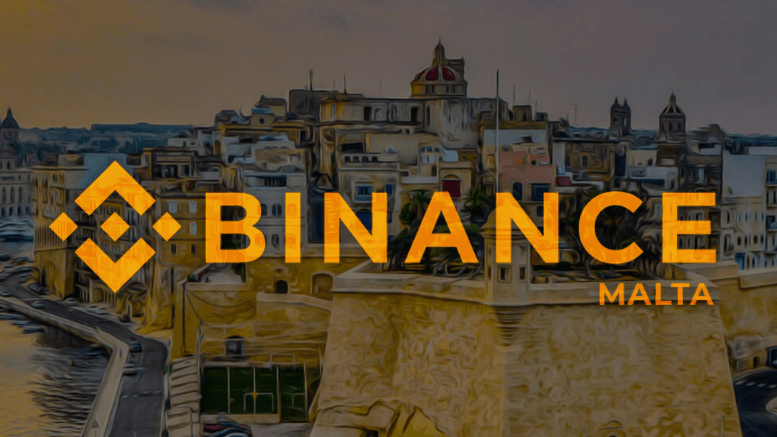
Because the most revealing part of the President’s comments wasn’t about ethics at all — it was when she called the whole affair a “never-ending saga” and a “headache.” That’s what this sounds like: an administrative problem wrapped in moral packaging.
The MCCF didn’t want to navigate the technicalities of crypto distribution. It wanted the money in euros, through a bank, with familiar paperwork. Fair enough. But let’s call that what it is — a preference for convenience, not a stand for principle. Because €39 million is €39 million, and a “headache” isn’t a convincing reason to walk away from it.
Malta’s Mixed Messages On Modernity
Whether we like it or not, Malta has spent years courting this industry. We might not have become the “Blockchain Island” Joseph Muscat once promised, but we still host a handful of major crypto and blockchain firms. We regulate them, tax them, and use them as proof that Malta is “open for business.”
It makes no sense to invite these companies to set up shop here, then act shocked when one of them offers to donate to charity. You can’t spend a decade trying to legitimise an industry and then treat it like a contagion the moment it enters a moral conversation.
And, of course, the public debate that followed has been every bit as predictable. On one side, the “holier-than-thou” crowd — for whom everything Malta touches is tainted. To them, rejecting the donation is proof of virtue; crypto is a scam; and finally, someone’s drawing a line.
On the other side are the counter-moralists — the people who exist largely in opposition to the holier-than-thou crowd. They don’t necessarily love crypto or trust Binance; they just can’t stand the sanctimony. To them, every moral panic is another excuse for paralysis, and their instinct is to push back, roll their eyes, and get on with it.
Both sides miss the point.
The issue isn’t whether the MCCF should have accepted the money, but whether the decision was based on facts or just collective discomfort. If there were genuine legal or compliance barriers, say so — clearly. Let people understand why €39 million that could have gone to sick people was rejected. But don’t wave words like “bogus” around and expect applause.
The MCCF has never been a monastery. It’s accepted cheques from donors across Malta’s moral spectrum — from politicians to business magnates to developers. The idea that this is the line we finally choose to draw feels arbitrary at best and performative at worst.
And the government hasn’t helped. The Prime Minister urged a rethink while his own finance minister backed the decision, managing to sound both principled and pointless at once — morality by press release.
Because the Binance saga isn’t really about crypto. It’s about Malta’s chronic indecision: a country that sells innovation but clings to comfort, where “reputation” is just a polite word for fear.
Maybe rejecting the money was right. But if it was, someone should at least be able to explain why.
You Might Also Like

Latest Article
The Business Impact of Retention Games: How Engagement Builds Loyalty
The Game Silo started as a free to play game provider for a genre we labelled “Attraction games”. These are games used to attract users to a site to play. Fast forward to 2020 and we realised we needed to adapt. In an industry where acquisition costs continue to climb and competition never sleeps, finding … Continued
|
28 October 2025
Written by MeetInc.
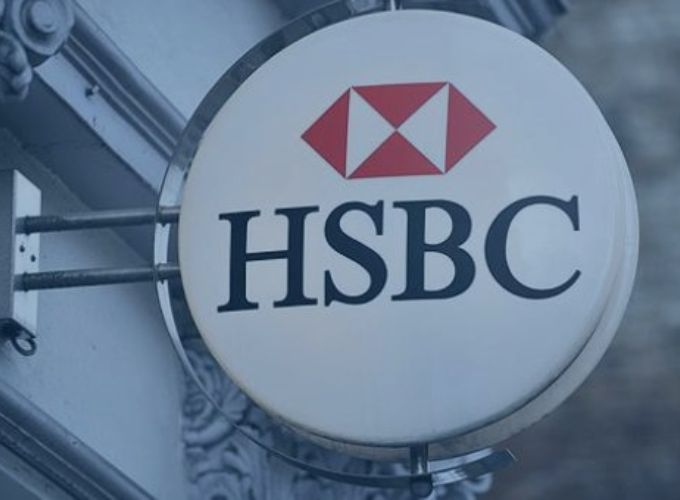
HSBC Malta Reports €82.5 Million Profit Amid Normalised Rate Environment
|
28 October 2025
Written by MeetInc.
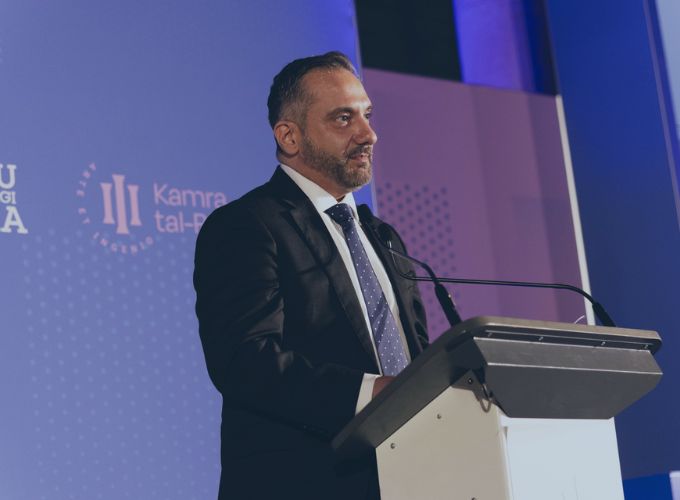
Prioritise Good Architectural Outcomes Over Legal Ones, Kamra Tal-Periti President Urges
|
28 October 2025
Written by Yannick Pace


